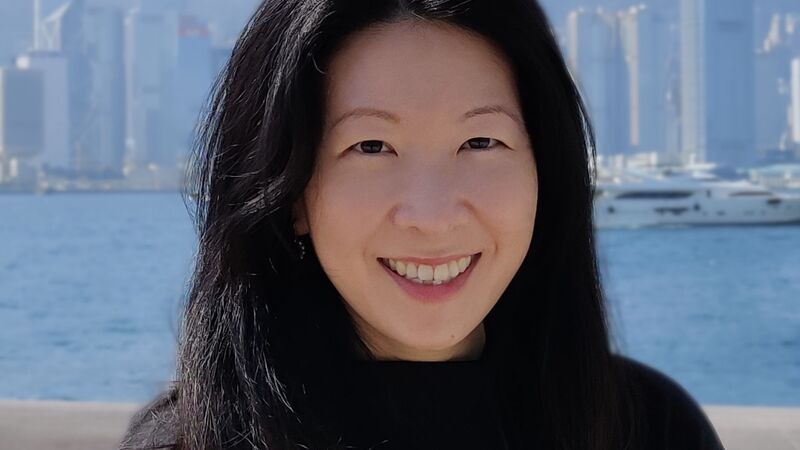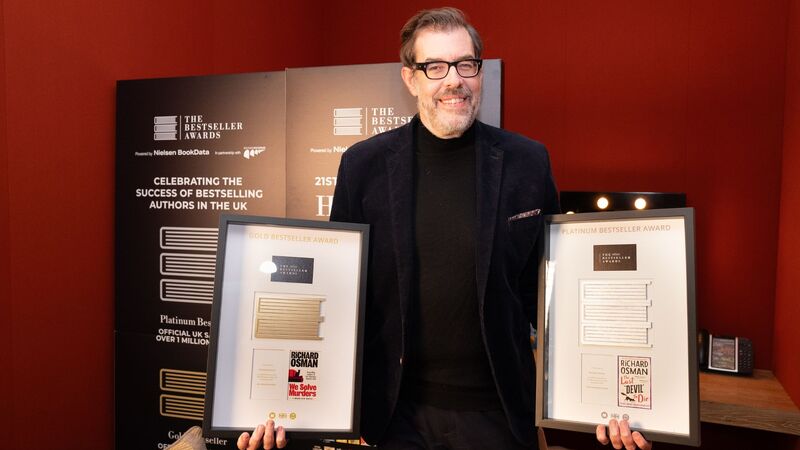You are viewing your 1 free article this month. Login to read more articles.
Scouting services pivot post-pandemic as AI and networking tech alters workload

The nature of scouting has “changed rapidly” post-pandemic, book trade professionals say, while the increased use of technologies such as Artificial Intelligence (AI) is likely to cause scouts to pivot their work yet more.
The Bookseller understands that Pan Macmillan recently stopped using its longtime scout partly because of how post-Covid-19 technologies, such as Zoom and AI, were streamlining international relationships. However, at least one other major publisher has hired a scout for the first time to help with international rights on a wider scale.
AI is already transforming the submissions process. One publisher, who wished to remain anonymous, highlighted how alterations to the submissions process could mean changes for scouts as well as translators: “I had a meeting with a Dutch publisher recently and noticed they had started sending full manuscripts rather than just proposals. They said they had found an amazing paid-for translation software which has allowed them to produce manuscripts which are very accurately translated… The translations seemed pretty good and not dissimilar in quality to regular translated samples I have received.” Another publisher suggested that AI’s ability to summarise books could diminish the need for scouts’ reports.
Several publishers said scouts have moved to offer a more personalised service post-pandemic. Bloomsbury editor-in-chief Paul Baggaley described a shift with scouts becoming “more of a go-between for publishers”. He added: “I’ll often be asked by a UK scout to speak to someone with a similar role to me in the US or Europe because the scout’s clients will want to talk about something going on in the market or to discuss publishing trends in our respective territories. This can be more of a business community service and I think the scouts in the UK seem to be fulfilling that role, in a matchmaking way, far more.”
Baggaley added: “A scout can be an expensive resource to use—they often have a big team and a big infrastructure—so they are looking at ways to add value to their clients.”
Curtis Brown agent Cathryn Summerhayes stressed the importance of scouts prioritising a personal approach. “Obviously tools such as virtual meetings and AI may be making some parts of scouts’ jobs more streamlined—but the best scouts provide the connective tissue between publishers, agents and great material worldwide. It remains essential they build these relationships in physical meetings, continue trips to the countries they work in and their passionate personal endorsements of manuscripts they genuinely believe can be industry game-changers.”
Scout Daniela Schlingmann is positive about the future of scouting: her agency Daniela Schlingmann Literary Scouting has doubled in size since 2019, the client list has grown by 40% with turnover up 73%. But she notes it has extended its remit for several existing clients in the past year: “The publishing industry has been changing significantly since the onset of the pandemic and scouting has changed rapidly with it. We have become a global information hub for our clients, and our group Zooms developed into a trusted international network that offered support beyond publishing matters.”
She does not believe AI threatens scouting. “Human relationship is at the core of our work,” she said. “Publishing is entirely subjective. If anything, our editors might have more time to read if they can delegate to AI.”
Schlingmann acknowledged the increasingly decentralised approach to working post-Covid-19 has led to a higher level of submissions to evaluate, but added: “Submissions are only part of our work today, and an area where confident curation has become key for our publishing clients.”













